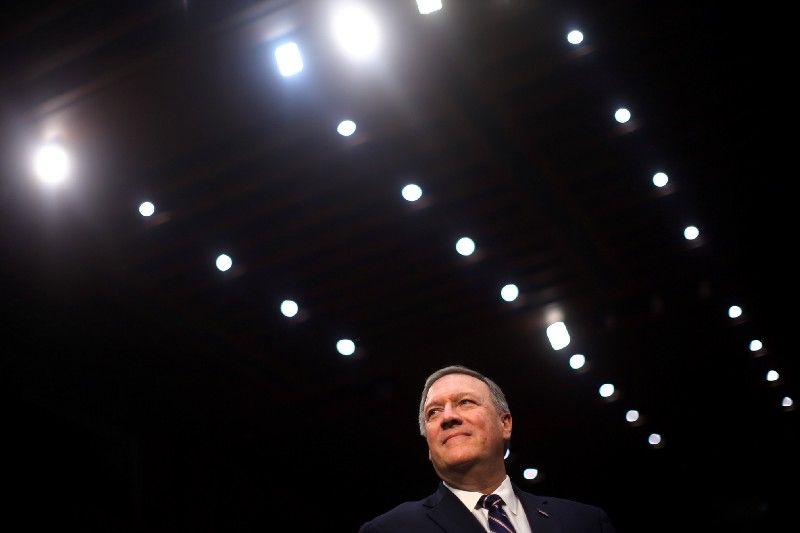March 16, 2018
Consider this comment that then-CIA Director, soon-to-be secretary of state, Mike Pompeo made last Sunday to Margaret Brennan, host of the CBS News program “Face the Nation.” Pompeo compared the deal Trump hopes to make with North Korea to the bargain Barack Obama and others struck with Iran:
“Most importantly the conditions are very different. The previous administration was negotiating from a position of weakness. This administration will be negotiating from a position of enormous strength with sanctions that are unrivaled against the North Korean regime.”
Many Americans think of these two countries simply as “rogue states,” the surviving two-thirds of George W. Bush’s “axis of evil,” but there are big differences between Iran and North Korea. In fact, Pompeo’s comparison between them isn’t one Trump should want us to make, because North Korea will be a much tougher problem to crack than Iran was — for any president. Why?
- North Korea already has nuclear weapons. Iran doesn’t.
- North Korea has enough military power without nuclear weapons to kill millions inside the borders of US allies. Iran doesn’t.
- Kim likes isolation. His regime’s survival depends on his ability to isolate 25 million North Koreans from the rest of the world. Iran can’t afford isolation, because its long-term stability depends on the ability of Iran’s economy to deliver improved standards of living to the country’s 80 million citizens. That makes Iran much more vulnerable to sanctions than North Korea, because isolation chokes economic growth.
- Kim will be watching how Trump handles the Iran deal. If Trump shreds it — or keeps threatening to do so — Kim will have reason to doubt he can ever commit to any agreement that Trump, or a future US president, might tear up.
More For You
- YouTube
For many in Iran, it’s a waiting game for how long Ayatollah Khamenei has left to live.
Most Popular
An army soldier stands guard at a post at the Friendship Gate, following exchanges of fire between Pakistan and Afghanistan forces, at the border crossing between the two countries in Chaman, Pakistan February 27, 2026. Picture taken with a mobile phone.
REUTERS/Abdul Khaliq Achakzai
In a 30-minute call on Thursday, President Donald Trump reportedly told Ukrainian President Volodymyr Zelensky he wants to end the war with Russia as soon as possible — aiming for a deal by summer, but ideally within weeks.
Former British ambassador to the U.S. Peter Mandelson leaves his residence after he was released following his arrest by London police on Monday on suspicion of misconduct in public office, following the release of U.S. Justice Department files linked to the late financier and convicted sex offender Jeffrey Epstein, in London, Britain, February 26, 2026.
REUTERS/Toby Melville
The ghost of Jeffrey Epstein continues to haunt the world.
Think you know what's going on around the world? Here's your chance to prove it.
© 2025 GZERO Media. All Rights Reserved | A Eurasia Group media company.
